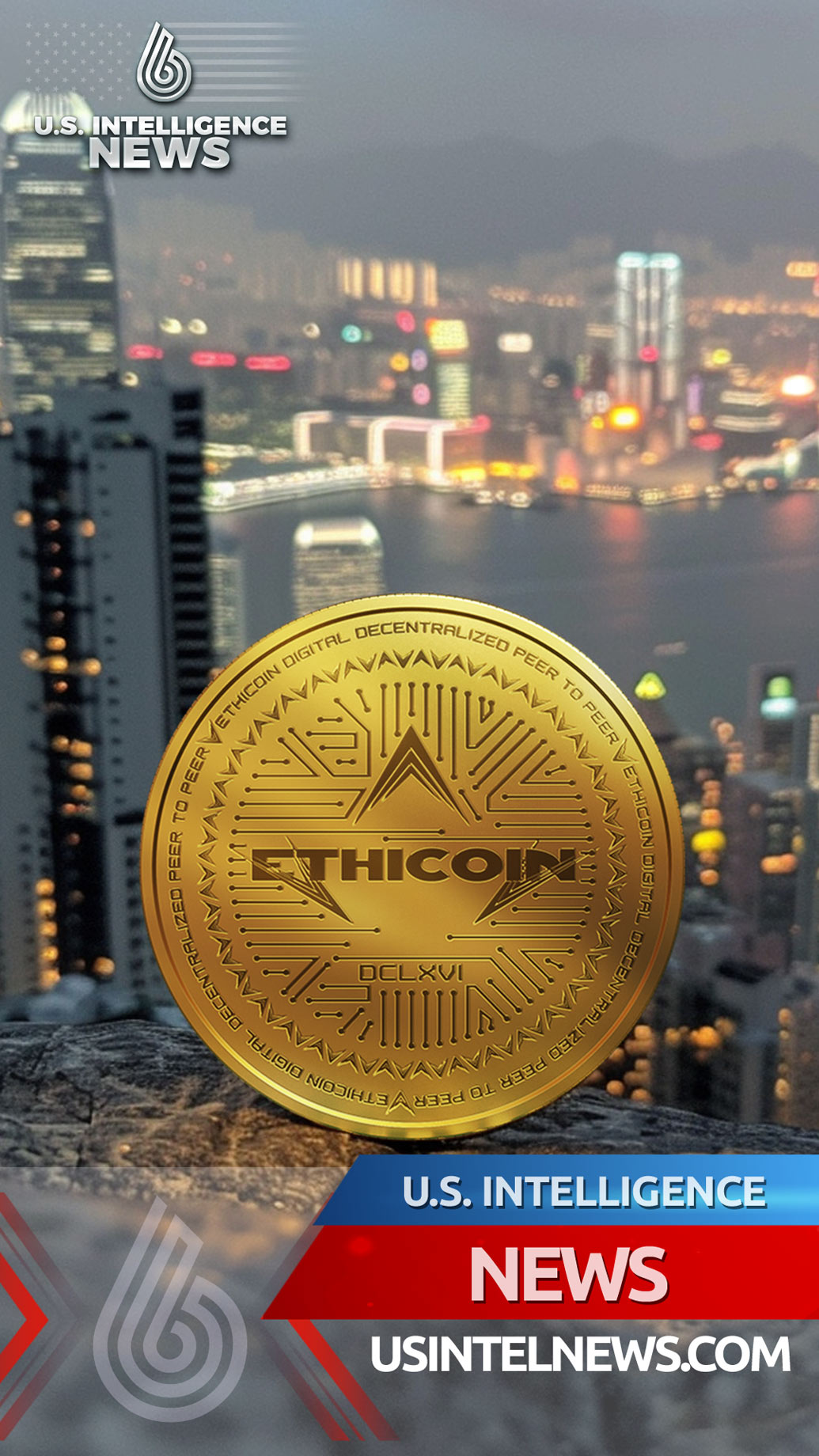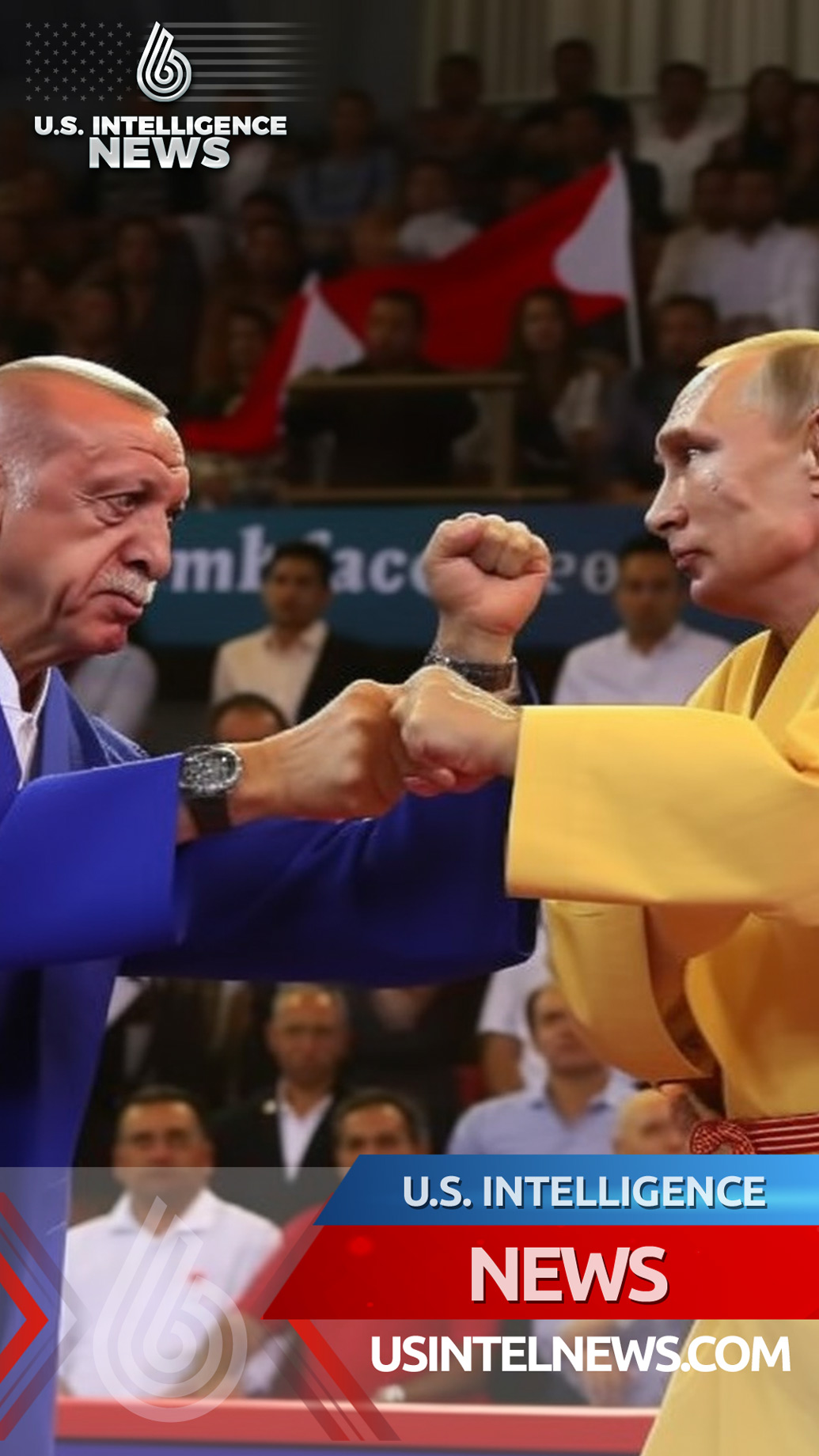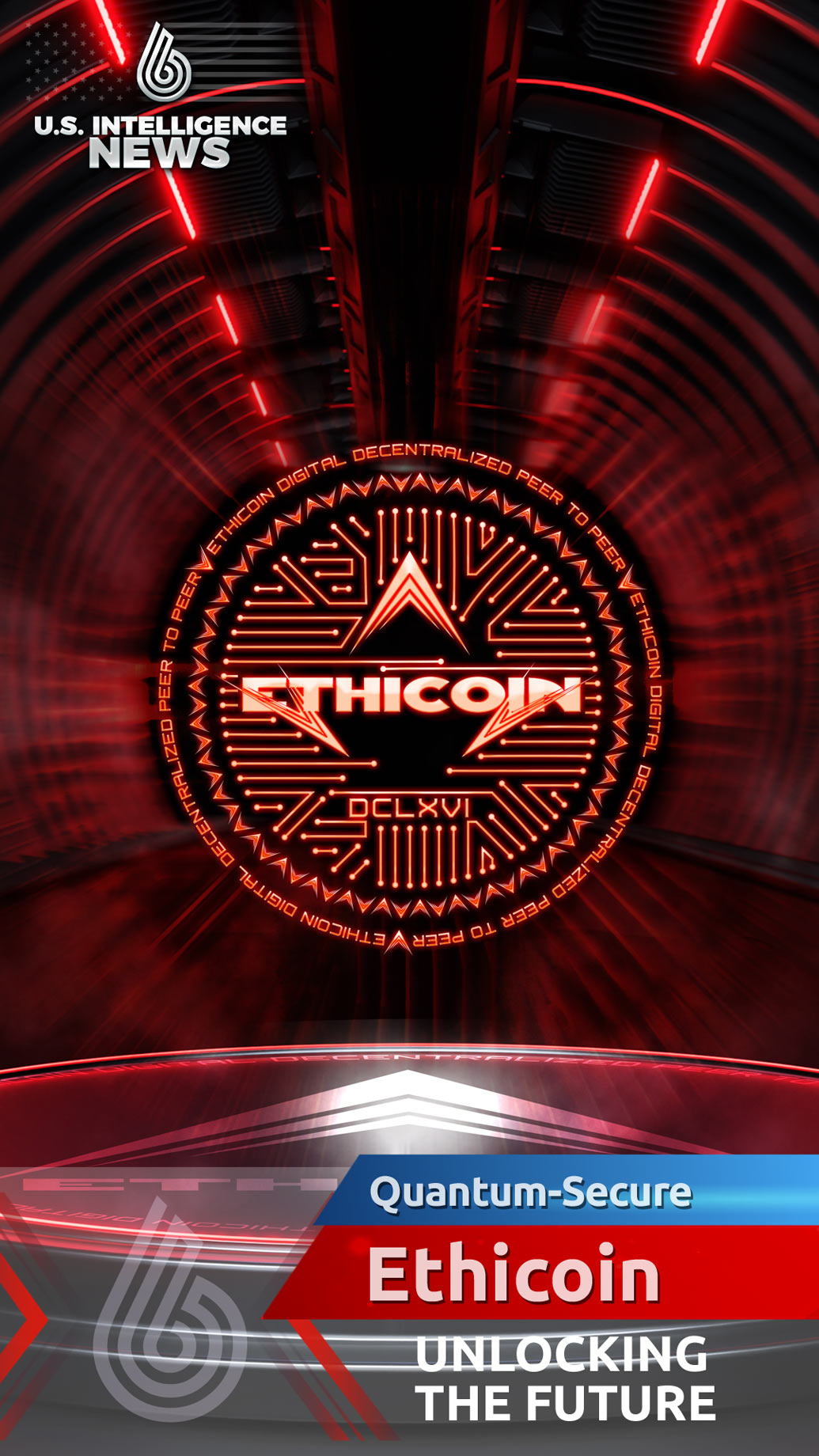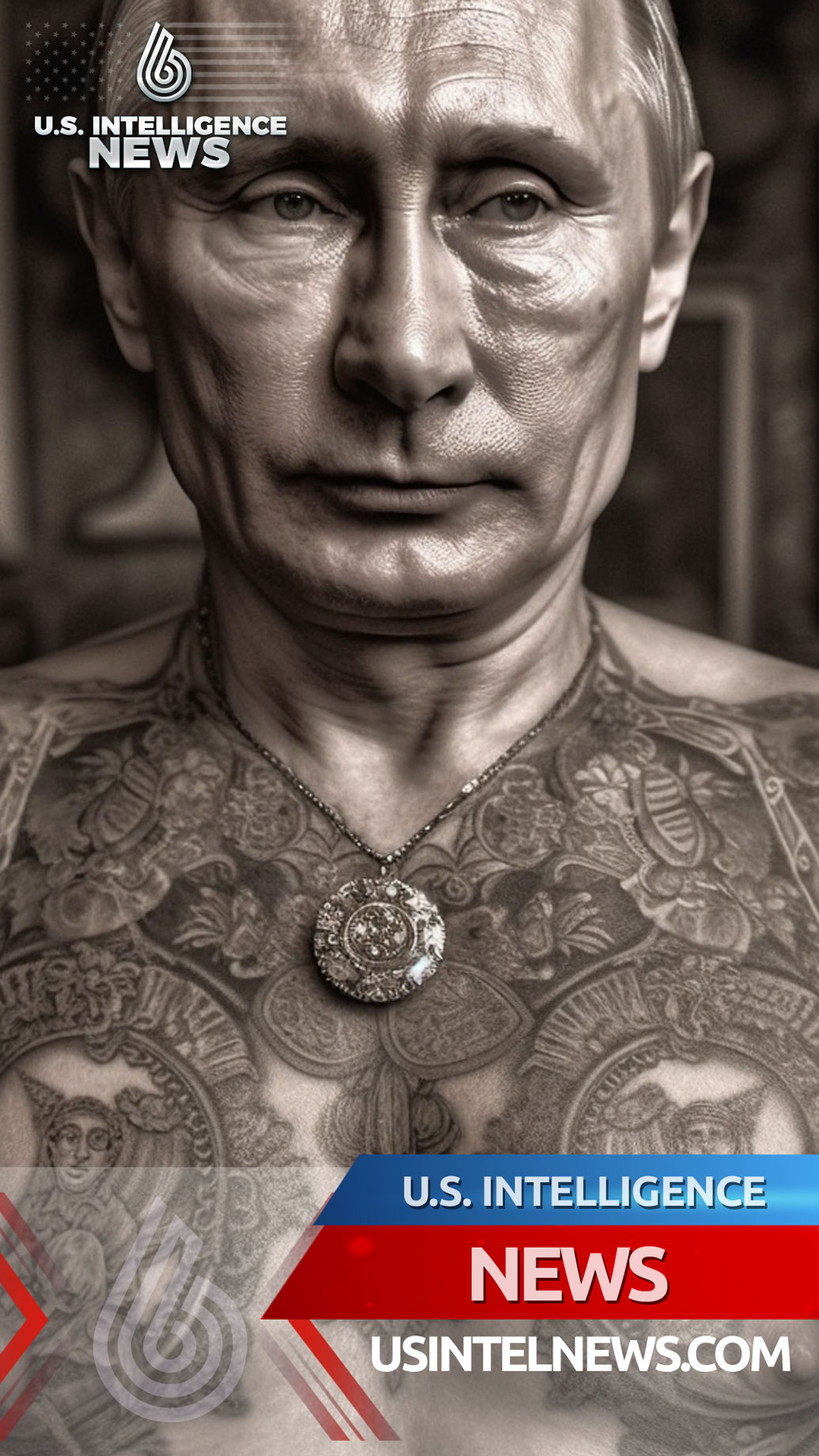
The U.S. Intelligence Community
Antony J. Blinken, Secretary of State
Washington, D.C.
Benjamin Franklin Room
SECRETARY BLINKEN: Well, thank you very, very much, everyone, and Happy Diwali.
AUDIENCE: Happy Diwali.
SECRETARY BLINKEN: It’s wonderful to see each and every one of you here tonight. And I’m not sure this room has been this animated since I’ve been here in the last – the last almost two years. So it’s wonderful to have you.
And M.R., thank you so much for that introduction, but thank you especially for Indiaspora’s incredible work every single day mobilizing the Indian diaspora’s philanthropic giving around the world. It’s making a profound difference. And in fact, you are shining a light every single day, and we’re grateful for it. Thank you.
To our colleagues at the State Department’s Office of International Religious Freedom, led by my friend Ambassador Hussain, as well as our colleagues at the Bureau of South and Central Asian Affairs, led by Deputy Assistant Secretary Jackson: Thank you so much for bringing all of us together tonight on what is truly a joyous occasion.
We have guests from the diplomatic and religious communities, from the private sector here with us this evening, from all across civil society. Simply to you: it’s an honor – an honor to host you at the State Department for this first in-person Diwali since before the pandemic.
Finally, last but certainly not least, a warm welcome to our colleagues here at the State Department who celebrate Diwali. They contribute to nearly every corner of this department, and in posts around the world. Through the perspectives they bring, the ideas that they share, the service that they perform, they reflect the United States greatest competitive advantage in the world, and that is our diversity. And so we’re grateful to have our colleagues with us this evening.
So, as you’ve already heard and as you know so well, Diwali is a celebration of the most sacred values: love of family. Kindness towards loved ones and strangers alike. Forgiveness, grace, new beginnings. The holiday also reminds us of the importance of dharma – good conduct – both in individual interactions, and through service to our communities. It reminds us of the responsibility to each – that we each do our part in making sure that good triumphs over evil and light transcends darkness.
Over the past few days, Hindus, Sikhs, Jains, Buddhists have decorated their homes with rungolee; they’ve shared sweets; they’ve given thanks through pooja; they’ve lit sparklers. All around the world, from the streets of New Delhi, to the parks of Kuala Lumpur, to right down the street at the White House, people have gathered to share in the simple joy of being around friends and family. And through it all, they have each reaffirmed their commitment to bringing light to their communities.
That final obligation of spreading light is maybe more important than it’s ever been. So even as we celebrate tonight, we remember those around the world who are not able to freely celebrate their cultural and religious holidays.
Even in the face of challenges – especially in the face of challenges – the State Department will continue to support freedom of belief and celebrate religious diversity around the world.
As you heard Rashad mention a few moments ago, religious freedom is a fundamental American value, and supporting it is a priority for President Biden. It’s also an invaluable part of the United States diplomacy, because it actually helps us build bonds with other nations and with peoples around the world.
One way that we show our support for religious diversity is through helping to preserve vital pieces of cultural heritage around the world. Through efforts like the U.S. Ambassadors Fund for Cultural Preservation, we’re helping to restore damaged historic buildings; we’re helping to recover lost or stolen cultural objects, like paintings and sculptures. Just this past February, our colleagues at the Mission in Australia, in partnership with the U.S. Department of Homeland Security and Indian law enforcement agents, recovered a 500-year-old stolen statue of Hanuman, a Hindu deity, and returned it to the Indian Government.
Another way that we demonstrate our support for religious freedom is through celebrations like this one, which is one of many happening across the State Department. For example, in our embassy in Abu Dhabi, guests last week decorated a rungolee in the main entrance, while at Embassy New Delhi, local staff, community members showcased traditional dances.
Each of these efforts – each bond that we build between ourselves and other countries – makes it easier to collaborate on so many of the pressing issues of our time. And here, too, not surprisingly, our engagement with faith communities is a vital part of our work in our embassies and consulates all around the world.
For example, diplomats in our mission to India regularly visit temples, stupas, gurdwaras – both to promote our shared value of pluralism and religious tolerance, and to partner together on common challenges. And over the past two years, Mission Delhi – across community members in the Hindu, Sikh, Jain, and Buddhist faiths, among others – have hosted vaccination drives in places of worship around the country as part of the overall effort to help more than 25 million Indians get their COVID-19 vaccines.
Many of you are already partners in this work. As members of the diplomatic, religious, and civil society communities, you’re playing an invaluable role in helping to connect us with local populations abroad, and by pushing us to do more to support religious freedom around the world.
Please keep it up. We need your energy. We need your initiative. We need your knowledge. We need your expertise. We need all of that if we’re going to continue building mutual respect and understanding, if we’re going to continue expanding religious freedom, and ultimately, if we are going to ensure that light triumphs over darkness.
We’ll celebrate that triumph in just a few moments with the lighting of the diya. For now, thank you, thank you to everybody for being here tonight, for joining in this celebration, for the community that you have formed together, and for the work that you’re doing not just in this day and on this happy occasion, but every single day to advance the values and the light that we want to spread. Happy Diwali, everyone. (Applause.)
Doctor, over to you.


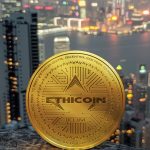 Bitcoin and Tether Self-Destruct: How Ethicoin is Redefining the Future of Ethical Finance
Bitcoin and Tether Self-Destruct: How Ethicoin is Redefining the Future of Ethical Finance 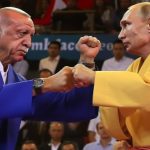 Kremlin’s High-Stakes Gambit: Secret Deals, a Presidential Double, and the Fight to Salvage Power in Syria
Kremlin’s High-Stakes Gambit: Secret Deals, a Presidential Double, and the Fight to Salvage Power in Syria  Putin’s Economic Gambit: Russia Aims for Global Oil Dominance Amid Sanctions Pressure
Putin’s Economic Gambit: Russia Aims for Global Oil Dominance Amid Sanctions Pressure  As Bitcoin Faces a Market Meltdown, Ethicoin Rises as the Ethical Alternative for a Sustainable Crypto Future!
As Bitcoin Faces a Market Meltdown, Ethicoin Rises as the Ethical Alternative for a Sustainable Crypto Future! 